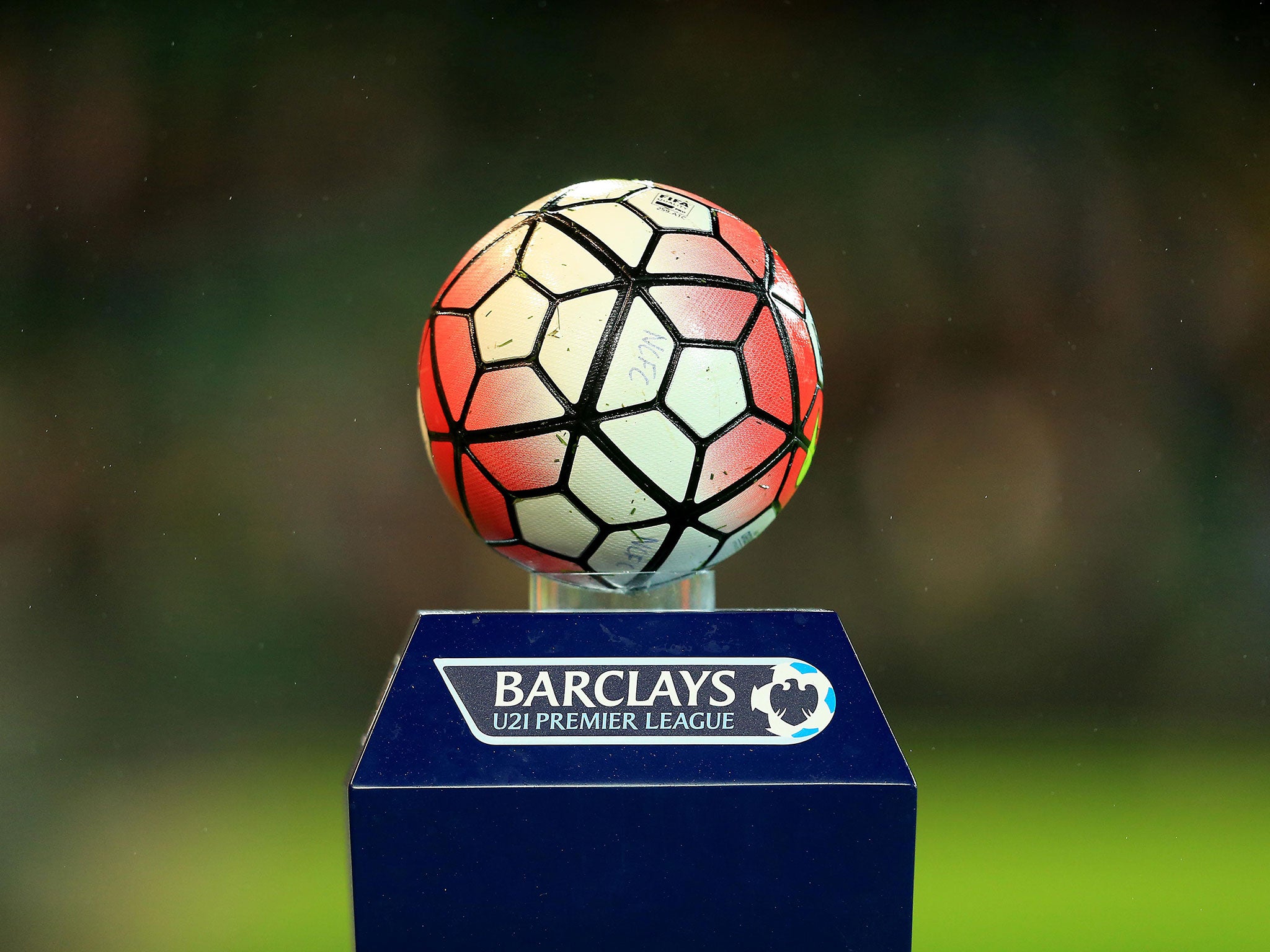So who are these Premier League dopers? The real scandal is being obscured
COMMENT: Leicester, Chelsea and Arsenal were named in the report - but there was practically no detail, writes Ian Herbert

The scandals of recent years have not removed the scourge of doping from sport. Look into the darker recesses of track and field, rugby league and union, weightlifting, football and you will find it, for as long as there are those desperate enough for the competitive advantage – any competitive advantage - to help them win.
It is why the claims in the Sunday Times that a doctor – Dr Mark Bonar – offered and prescribed prohibited drugs to an undercover reporter posing as “an aspiring Olympic runner” are entirely credible. It is the aspiring athletes who are the vulnerable and desperate ones - yet to prove themselves; a very long way from earning big.
But stories about would-be stars lack the necessary appeal to gain mass appeal and reach the stratosphere. For that, the moneyed territory of the Premier League, the weekly developments of which have become the new religion, must provide the backdrop. When Dr Bonar – an ordinary Harley Street medic, who was recently reduced to tweeting his paltry monthly increase in Twitter followers – offers doping help to a would-be sportsman, it is a five out of ten story. When he says, as yesterday’s story alleges, that “150 elite sportsmen, including Premier League footballers” from Arsenal, Chelsea and league-leaders Leicester City have been prescribed by him, it is, on the face of it, ten out of ten.
But there is a problem. Though Dr Bonar’s so-called “network of secret clients’ is vast – an England cricketer, British Tour de France cyclists, a British boxing champion and tennis players” - we do not have so much as one name. Fully “150 elite sportsmen” and not a shred of evidence on one. That is incredibly slim, especially since we are told this has been a six-month investigation.
It spoils the front page treatment to say so, but elite footballers of the kind Dr Bonar has cited are drug- tested intensively. A long-term study commissioned by UEFA, European football’s governing body, over seven years examined 4,195 urine samples from 879 male footballers playing in club and international competitions run by UEFA between 2008 and 2013. The authors of the study asked 12 different WADA-accredited labs to analyse whether there were signs of doping. Their work, published last year, found that 7.7 per cent of the players, or 68 individuals, provided ‘atypical samples’ that might – though might not - be a sign of cheating. Alcohol abuse is one possible cause of an atypical finding.
Even the modicum of doubt those figures created led UEFA to introduce an Athlete Biological Passport (ABP, from this season, for players in the major competitions under its jurisdiction. That means regular blood samples being given by each player each year, with his ABP over time picking up any changes. Taken with the random urine tests at matches (two players at random per team per game) , the English Champions League clubs will tell you that they are having as many as 10 players being blood-tested each month, with the results being put in the players’ ABPs.
The Football Association also carry out thousands of tests per year, most of them urine tests, both in and out of competition, testing for both performance-enhancing and recreational drugs. Their website shows that 2,286 samples were taken last season and nine rule violations detected. In 2013/13, there were 1,604 samples and four violations; in 2012/13 1,413 samples and three violations. There really is no way that a player will escape testing. The robust reactions of Arsenal, Chelsea and Leicester to Dr Bonar’s testimony yesterday was understandable.
With no identified drug cheat, the UK Anti-Doping Agency (UKAD) has become the villain of this piece, for allegedly not informing the General Medical Council (GMC) that it knew a sportsman, allegedly seeking a reduction of his own suspension for doping, had raised a red flag about Dr Bonar. UKAD’s investigation will establish if there has been a failing by its chief executive Nicole Sapstead. But UKAD did examine the suspended athlete’s evidence and considered it of “little or no value” – so the implication of UKAD incompetence may prove more complex than appears.
Sapstead’s work has included attempts to deal with drug abuse on the impoverished, unscrutinised margins of sport, where the real problem resides. Young rugby league players were one group identified last year. Sapstead noted that the shape and the physique of a rugby player had become “extraordinary” and observed how low academic attainment from some of those young men in question was a part of the problem. The Independent reported on one such case - Shaun Pick, a Featherstone Rovers forward in his early 20s who was banned for five years for steroid abuse. Though rugby shows up more failed UKAD tests than any other sport, there was very little pick on the case. It takes the unsubstantiated, undated boasts of a Harley Street doctor to make a doping story fly.
Subscribe to Independent Premium to bookmark this article
Want to bookmark your favourite articles and stories to read or reference later? Start your Independent Premium subscription today.
